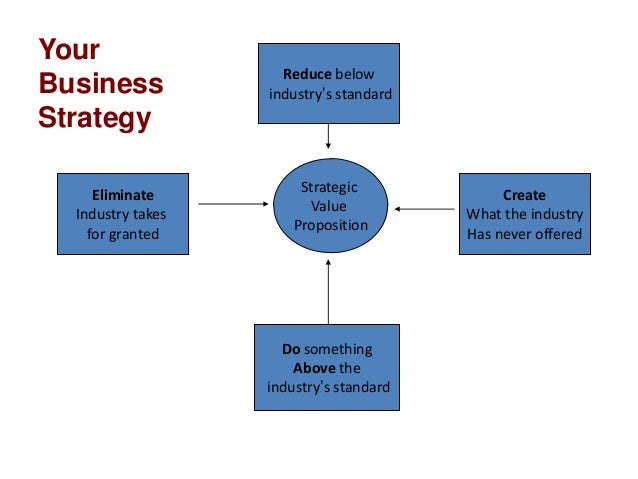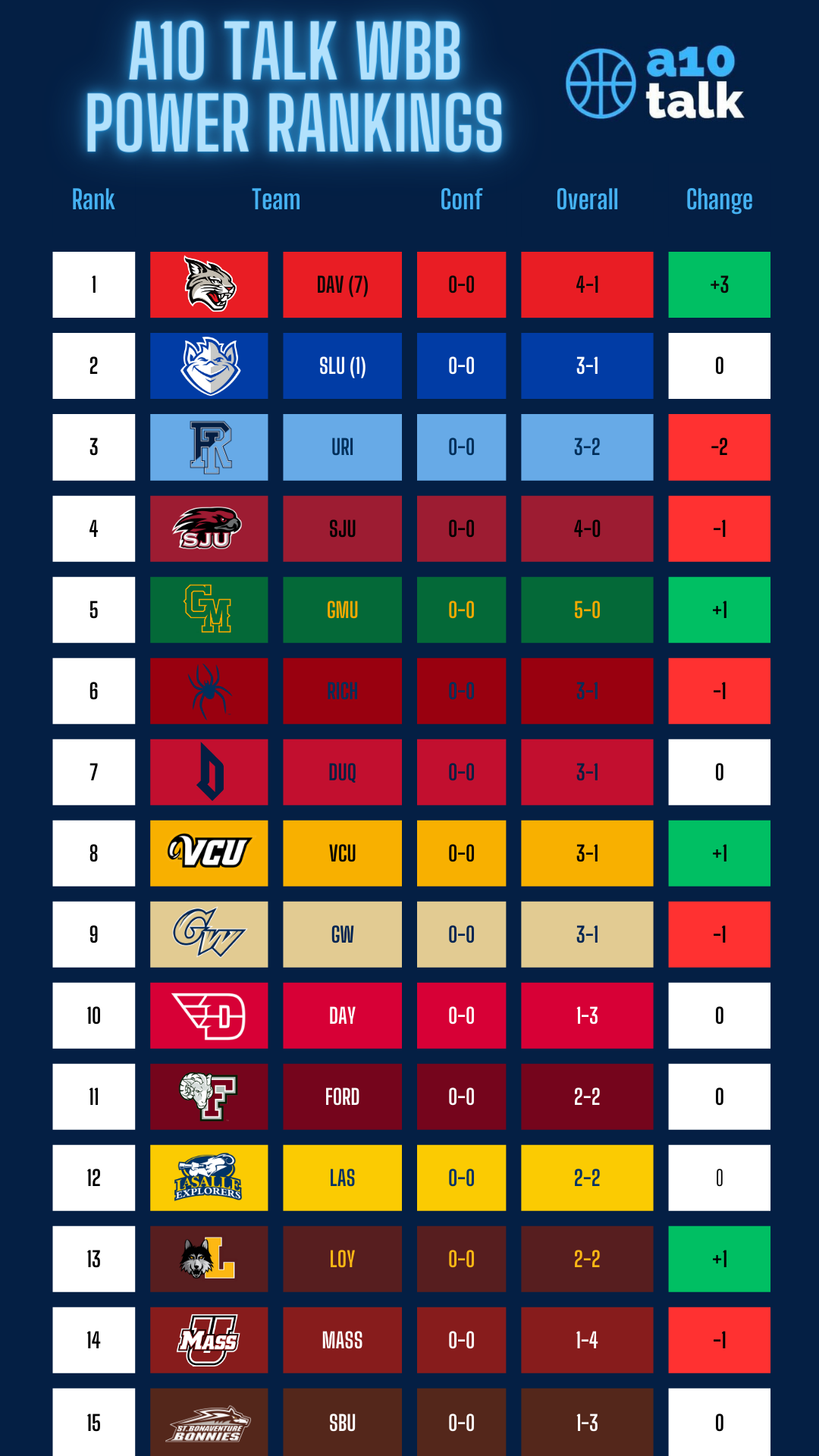The Value Proposition Of Middle Management: A Strategic Asset For Organizations

Table of Contents
Bridging the Gap: Communication and Coordination
Middle managers are the vital link connecting senior leadership's vision with the day-to-day operations of frontline teams. Their ability to effectively facilitate communication and coordinate resources is paramount to organizational success.
Facilitating Communication Flow
Middle managers act as a crucial conduit, ensuring clear communication flows between senior leadership and frontline employees. This bidirectional communication is essential for a healthy and productive work environment.
- They translate complex strategies into actionable plans for teams: They break down high-level strategic goals into manageable tasks and objectives that individual teams can understand and execute. This ensures everyone is working towards the same overarching goals.
- They relay employee feedback and concerns to upper management: Acting as a voice for their teams, middle managers ensure employee concerns are heard and addressed, fostering trust and transparency. This prevents issues from escalating and ensures proactive problem-solving.
- They ensure consistent messaging and avoid communication silos: By maintaining clear and consistent communication across teams, middle managers prevent misunderstandings and conflicting information, fostering a unified organizational approach. This reduces confusion and increases efficiency.
Coordinating Teams and Resources
Effective middle managers are expert coordinators, adept at managing multiple teams, projects, and resources simultaneously. Their organizational skills are vital for seamless operations.
- They foster collaboration and teamwork across departments: They break down departmental barriers, encouraging cross-functional collaboration and knowledge sharing, leading to more innovative solutions and improved project outcomes.
- They manage competing priorities and allocate resources effectively: They prioritize tasks, allocate resources strategically, and ensure that projects are completed on time and within budget, maximizing efficiency and minimizing waste. This requires strong decision-making and resource management skills.
- They track progress, identify bottlenecks, and implement corrective actions: They monitor project progress, identify potential problems early, and implement corrective measures to keep projects on track, preventing delays and cost overruns. This proactive approach is crucial for project success.
Driving Performance and Productivity
Middle management plays a pivotal role in driving performance and increasing overall productivity. Their leadership style directly impacts team effectiveness.
Setting Clear Expectations and Goals
Effective middle managers set clear, measurable, achievable, relevant, and time-bound (SMART) goals for their teams, fostering accountability and driving results.
- They provide regular performance feedback and coaching: They offer constructive feedback, providing guidance and support to help team members improve their performance and reach their full potential. Regular check-ins ensure alignment and progress monitoring.
- They identify and address performance gaps proactively: They proactively identify areas for improvement, implementing strategies to address performance gaps and enhance overall team performance. This includes providing training and development opportunities.
- They implement performance improvement strategies: They utilize various performance management tools and techniques to continuously improve team performance, ensuring ongoing progress toward organizational objectives.
Mentoring and Developing Talent
Investing in employee development is crucial for long-term organizational success, and middle managers are key players in this process.
- They provide opportunities for professional development and growth: They identify training needs and provide opportunities for professional development, fostering employee growth and retention. This improves employee skills and engagement.
- They identify high-potential employees and create development plans: They identify talented individuals and create tailored development plans to nurture their skills and prepare them for future leadership roles. This contributes to talent retention and succession planning.
- They foster a culture of learning and continuous improvement: They promote a culture of continuous learning and improvement, encouraging team members to seek out new knowledge and skills. This creates a dynamic and forward-thinking team environment.
Fostering Employee Engagement and Retention
Middle managers significantly impact employee engagement and retention through their leadership and management styles.
Creating a Positive Work Environment
A positive and supportive work environment is directly linked to increased employee engagement and job satisfaction. Middle managers play a critical role in cultivating this.
- They build strong relationships with their team members: They foster open communication and build strong rapport with their team members, creating a supportive and collaborative work environment.
- They address employee concerns and resolve conflicts effectively: They are adept at resolving conflicts and addressing employee concerns promptly and fairly, preventing issues from escalating and fostering a positive work environment.
- They promote a culture of recognition and appreciation: They acknowledge and appreciate team members' contributions, fostering a positive and motivating work environment. This improves morale and productivity.
Improving Employee Retention
By creating a positive and supportive work environment, middle management contributes significantly to improved employee retention rates, reducing recruitment costs and maintaining institutional knowledge.
- They provide regular feedback and support: They offer regular feedback and support, helping employees feel valued and appreciated. This improves morale and reduces turnover.
- They advocate for their team members' needs: They champion their team members' needs and concerns, ensuring they have the resources and support they need to succeed. This builds trust and loyalty.
- They contribute to a strong sense of team cohesion: They foster a strong sense of team unity and belonging, creating a positive and supportive work environment that encourages retention. Team cohesion boosts overall performance and satisfaction.
Conclusion
The value proposition of effective middle management is undeniable. From bridging communication gaps and driving productivity to fostering employee engagement and retention, middle managers are a strategic asset to any organization. Investing in developing and supporting your middle management team is an investment in the overall success of your organization. By recognizing and maximizing the contributions of your middle management, you unlock significant potential for improved efficiency, profitability, and long-term growth. Don't underestimate the power of strong middle management – it's a critical component of a thriving organization. Prioritize and invest in your middle management today to reap the benefits of effective middle management. Develop your middle management team and watch your organization flourish.

Featured Posts
-
 Lehigh Valley Power Outages Continue Amid High Winds Photo Gallery
Apr 23, 2025
Lehigh Valley Power Outages Continue Amid High Winds Photo Gallery
Apr 23, 2025 -
 Amandine Gerard Je T Aime Moi Non Plus Un Regard Sur Les Dynamiques Europe Marches
Apr 23, 2025
Amandine Gerard Je T Aime Moi Non Plus Un Regard Sur Les Dynamiques Europe Marches
Apr 23, 2025 -
 Fan Graphs Power Rankings A Deep Dive March 27 April 6
Apr 23, 2025
Fan Graphs Power Rankings A Deep Dive March 27 April 6
Apr 23, 2025 -
 How To Delete Your Online Presence And Protect Your Privacy
Apr 23, 2025
How To Delete Your Online Presence And Protect Your Privacy
Apr 23, 2025 -
 Two Key Areas For Brewers Improvement A Path To The Playoffs
Apr 23, 2025
Two Key Areas For Brewers Improvement A Path To The Playoffs
Apr 23, 2025
